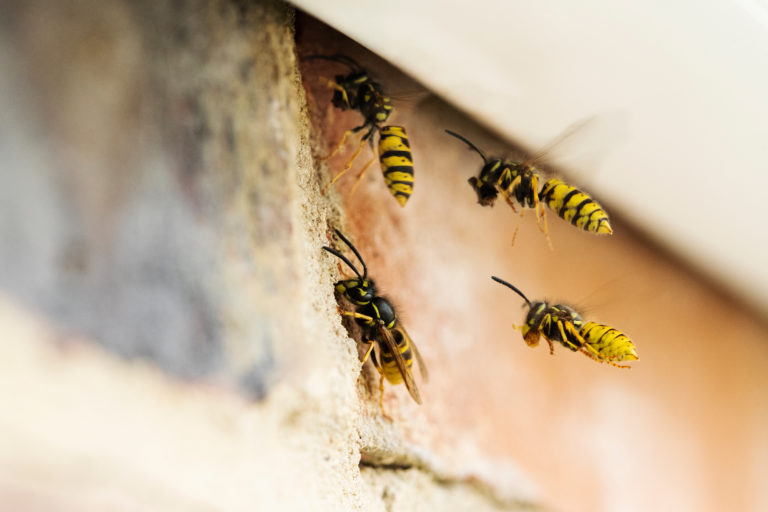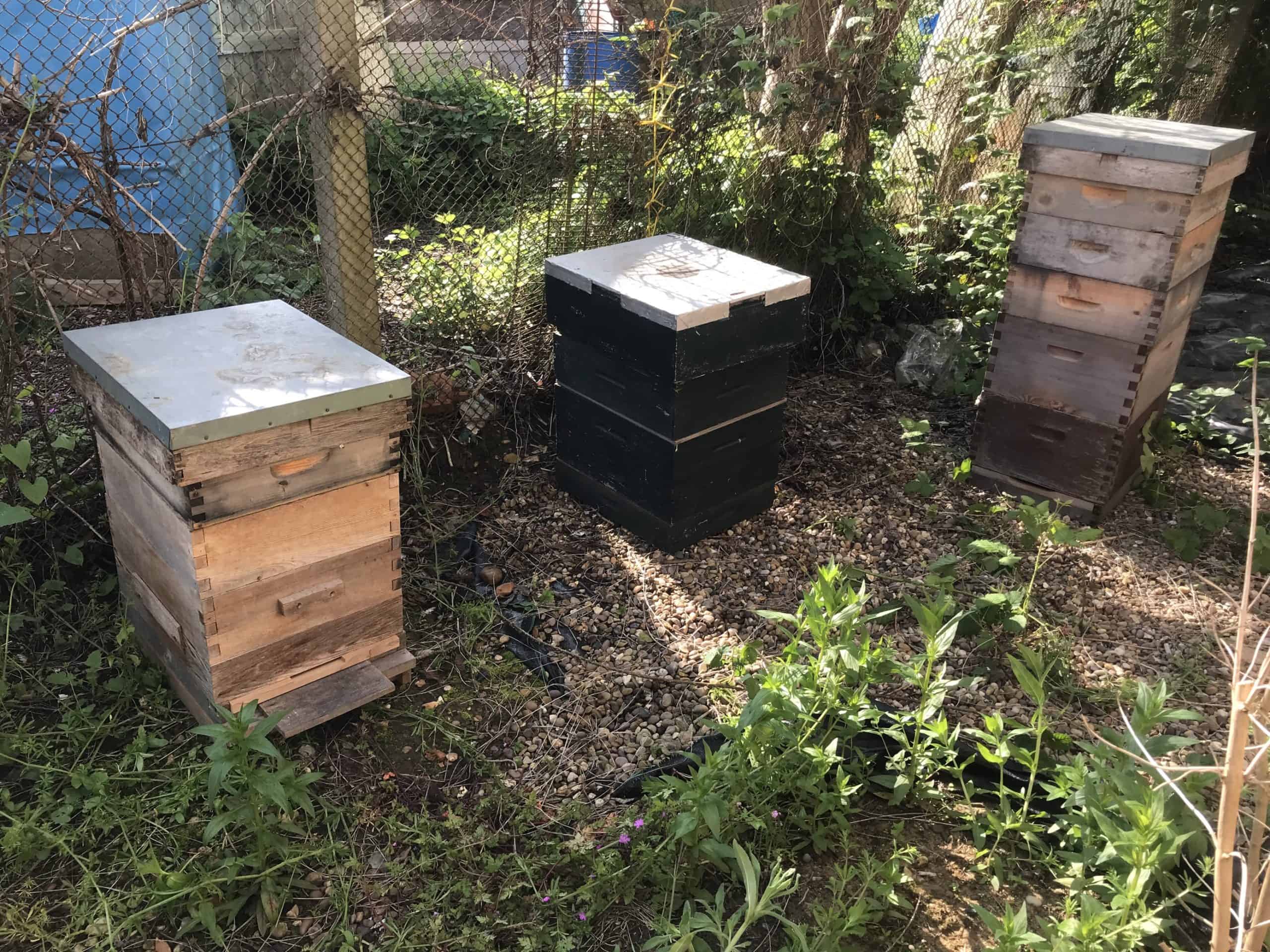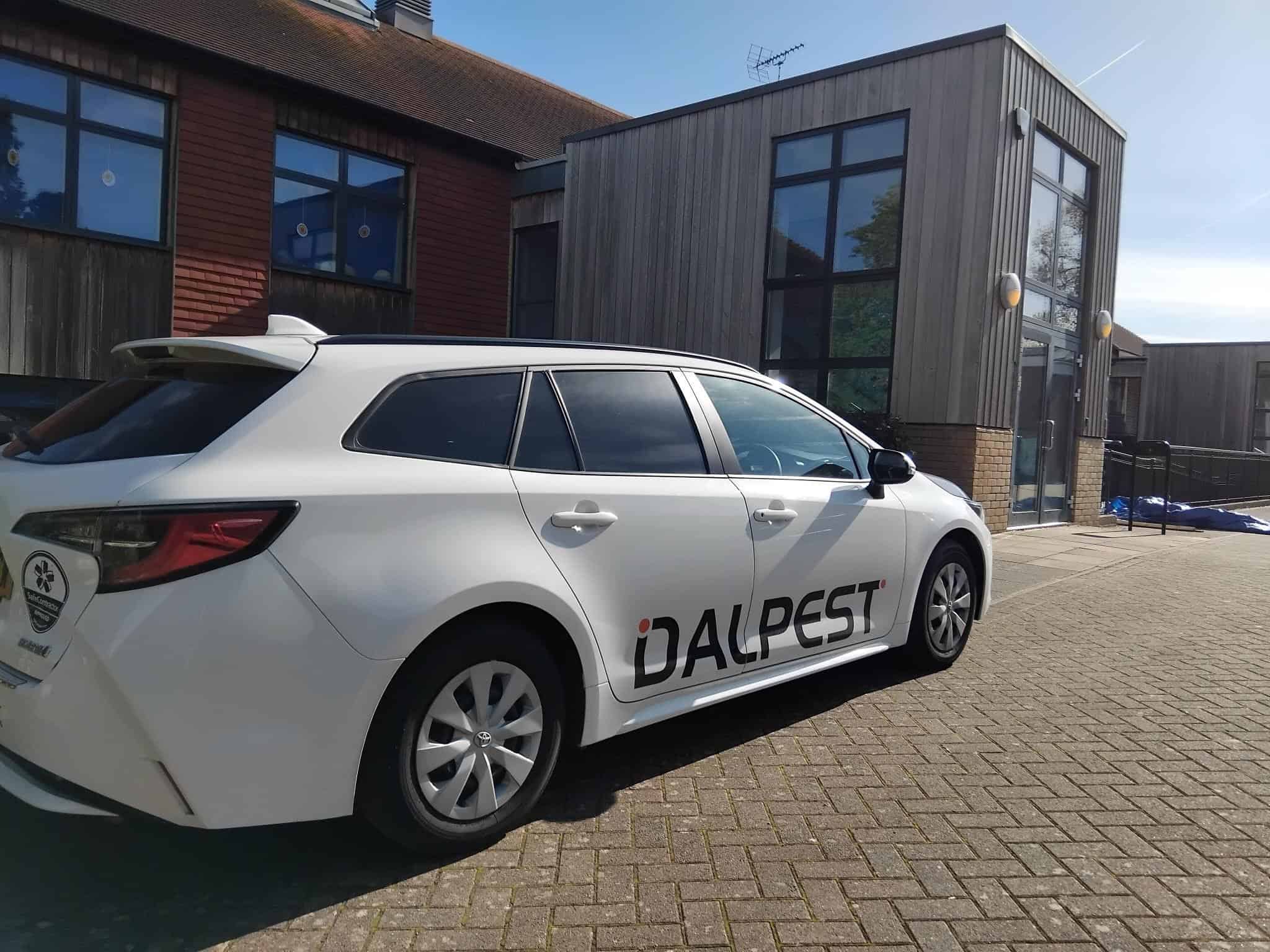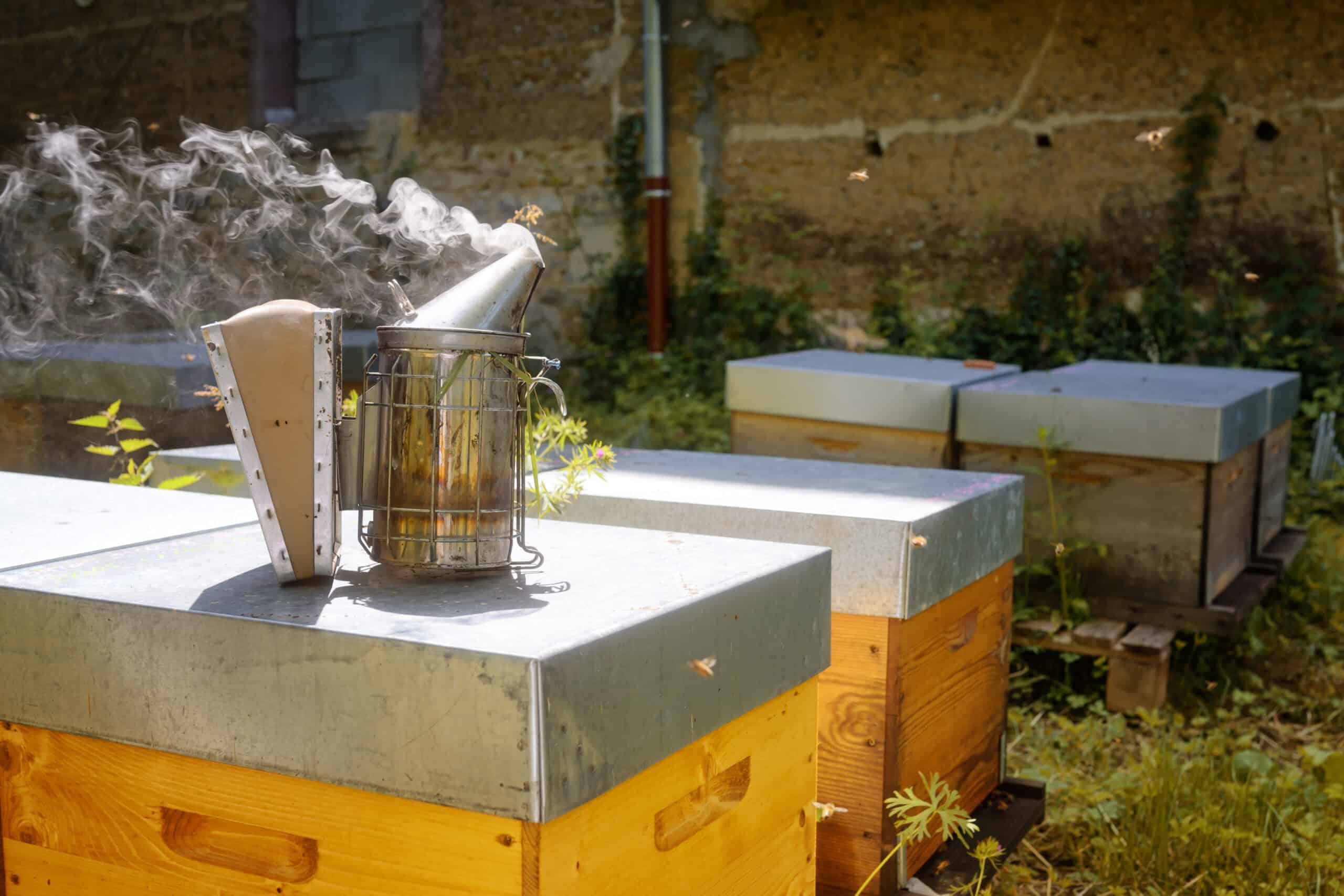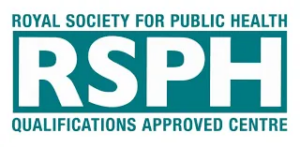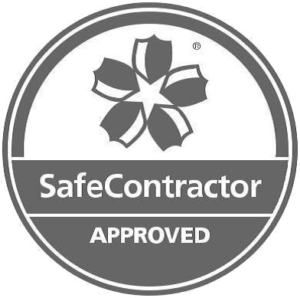The joy of lovely longer summer days are now finally upon us. With this comes the heat and warmth of the season plus a predictable explosion of flying insects!
Insect season can be a little distressing for some people, particularly where wasps are concerned. Wasps are perhaps the most loathed of all the flying insects, mainly due to their nasty sting and their ability to ruin a picnic or BBQ within minutes!
Their reputation alone makes them a true pest and safely treating wasps nests keeps the DALPEST Pest Solutions team very busy throughout the summer.
This time of year is also when other insects activity increases, honey bees are one of these and they begin to swarm (usually between May and July). This can be very confusing for people as they often struggle to tell the difference between a bee and a wasp. People also often mistake a bee swarm for a wasps nest because they panic and see lots of insects in one place.
It is important to note that some professional pest control services can help to relocate swarms of bees (not every team has the facility to do this), but the bees will often move along on their own without intervention after a couple of hours. Bees cannot and must not be eradicated by anyone as they are protected. Wasps however are a different story, and their nests can be removed if they are causing a problem.
So, which is which?
Understanding the differences between the two may help you identify them more easily if you come into contact with them at your property.
Bees and wasps are actually very different in their appearance and characteristics, so if you remember a couple of simple tricks you will be able to spot the difference in no time.
Here are a few major differences between the two to help you recognise which is which.
Colouring: Wasps are very distinctive with bright yellow and black colours. When you know what to look for you will see they are instantly recognisable. Bees colours are often more muted than wasps and they are typically lighter brown and yellow, particularly honey bees.
Appearance: Bees are typically hairier than wasps in their appearance. However, there are several different species of bee to be aware of. Masonry bees and honey bees are the ones most often confused with wasps due to the similar shapes of their bodies. Bumble bees look very different altogether and are much rounder and ‘fluffier’ in their appearance. Wasps appear very smooth and their bodies are thinner than those of bees.
Aggression: This is by far the biggest difference between the two insects. Wasps are notorious for their aggressive behaviour and their ability to sting multiple times, which can be painful and in rare cases, fatal. Bees are generally not aggressive creatures and will only sting in defensive situations.
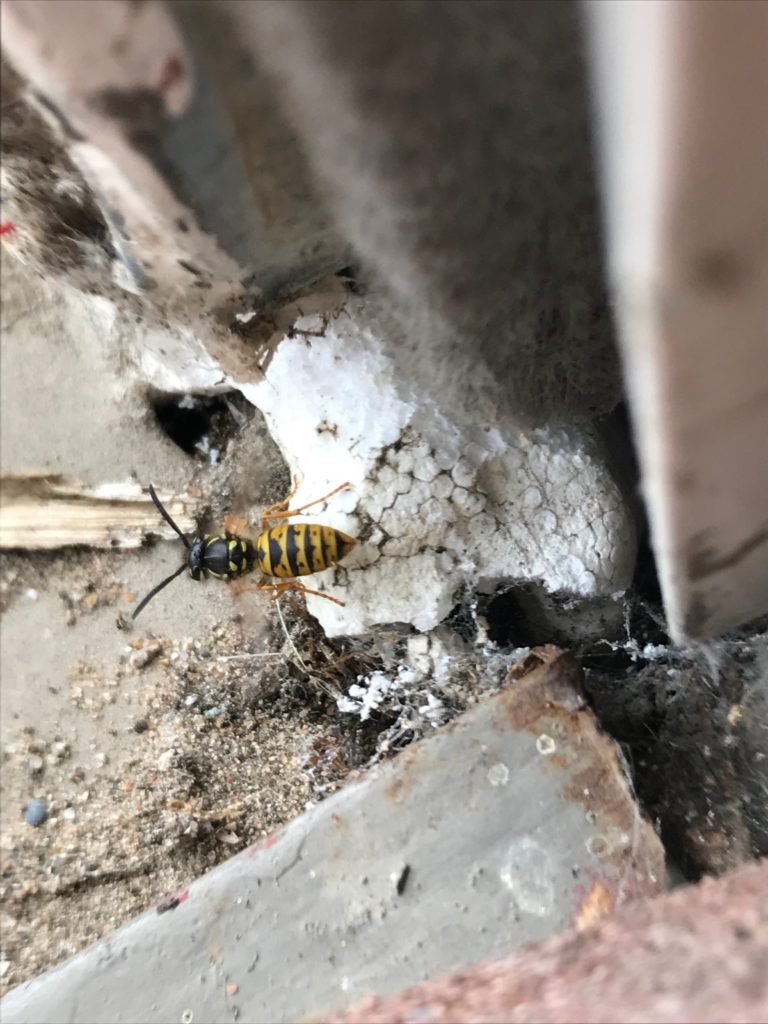
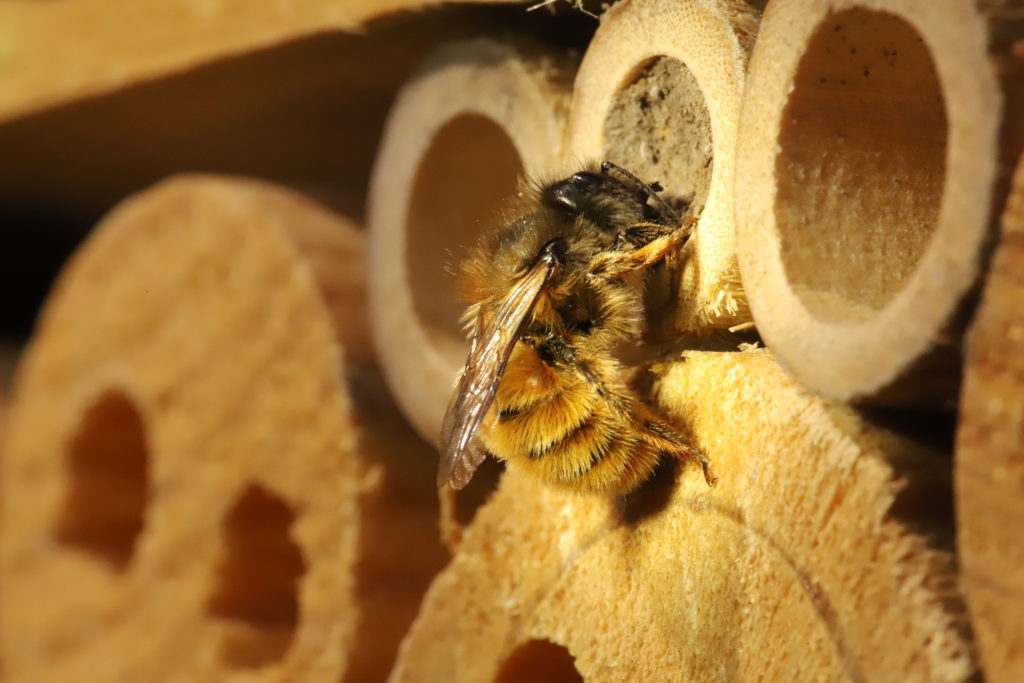
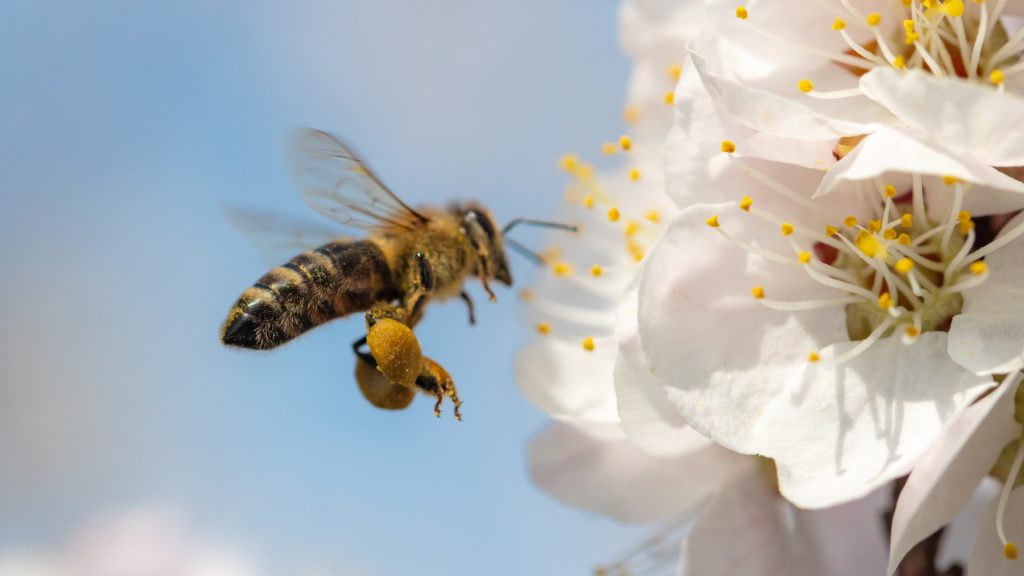
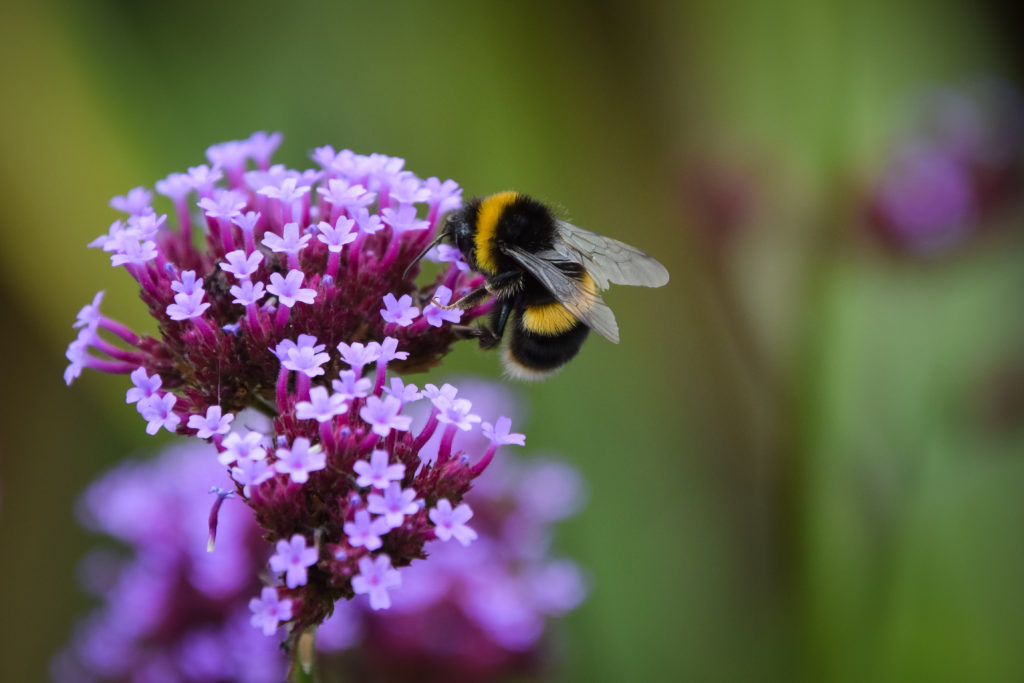
Nest vs Swarm
Spotting a nest vs a swarm will also help you tell which is which. A swarm of bees will look like the picture below. There will be a large number of bees clustered together and they will be static for a while. This is a normal process that occurs when a queen and some bees are seeking a new home, the swarm forms while they are relocating.
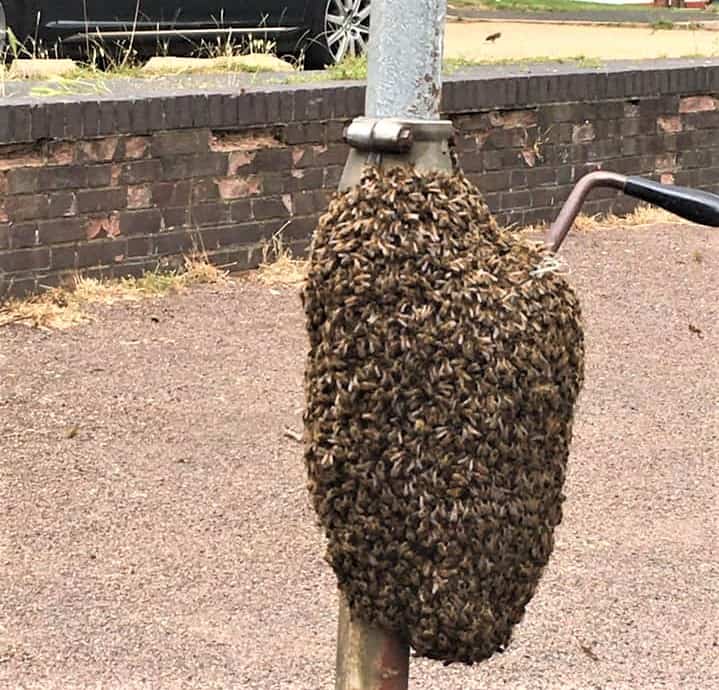
A wasps nest however will look different. The behaviour of wasps is different to that of bees as they do not swarm in the same way. You will see lots of wasps together if there is a nest nearby but they will be busy travelling back and forth and you may see them entering buildings, indicating the presence of a nest.
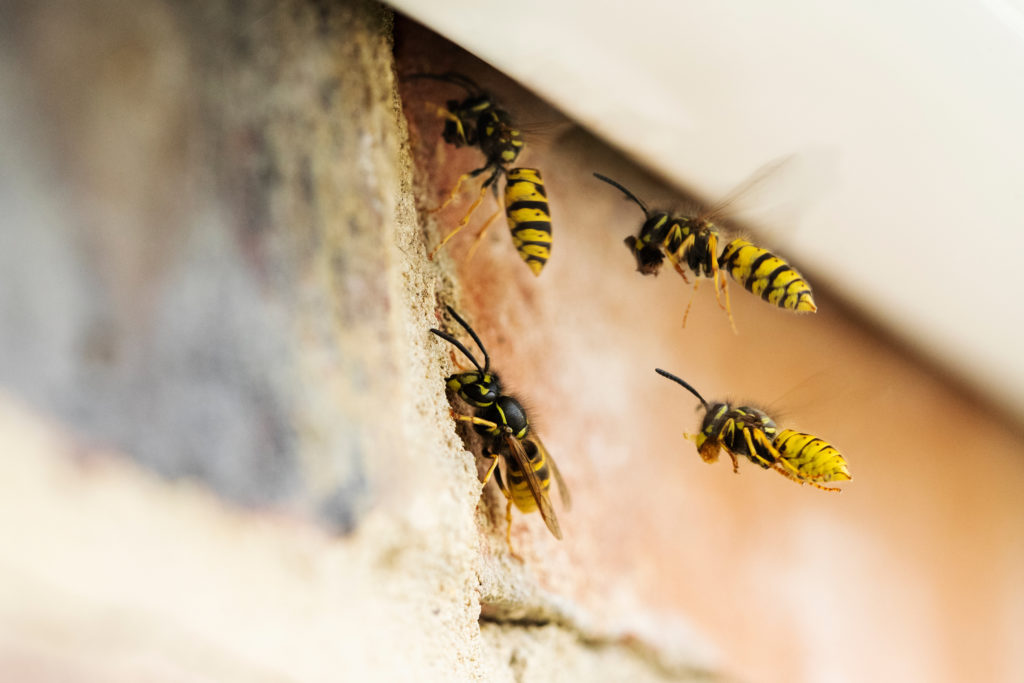
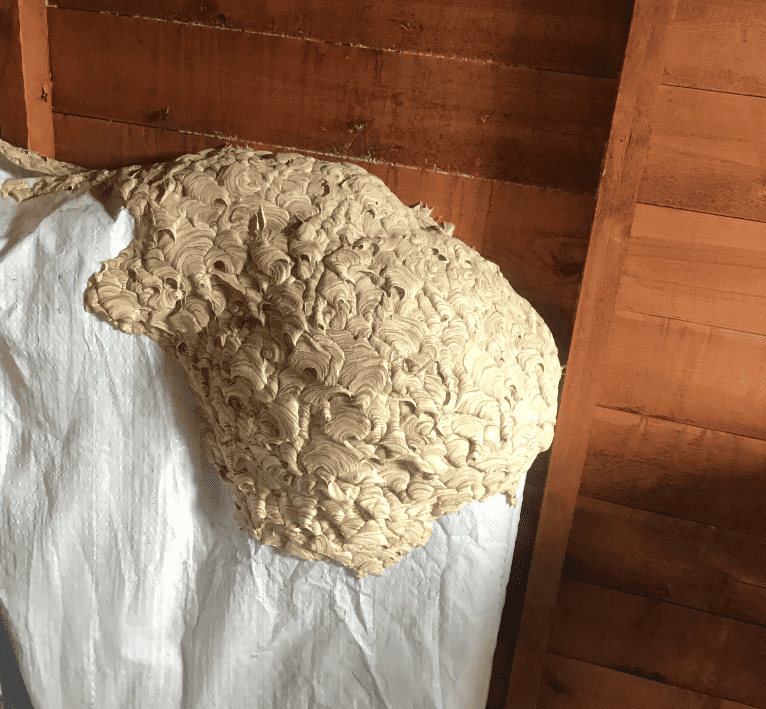
If you suspect that you have a wasp nest then please do not try to remove this yourself. A professional pest control company such as DALPEST Pest Solutions are fully equipped to do this for you in a safe and effective way.
Remember only to call your trusted pest control company out if you actually need them. A call for a swarm of bees may be a wasted call as there may be nothing that can be done. You can always call for advice however, and the more information you can provide to the team the better as they will be able to advise of the best course of action and whether a visit is necessary.
If you would like to discuss any pest control needs for your home or business then DALPEST Pest Solutions can help. We are RSPH Level 2 qualified pest controllers and members of the BPCA. You can talk to us about any requirements you may have on 0333 2026 223. We would love to hear from you.

